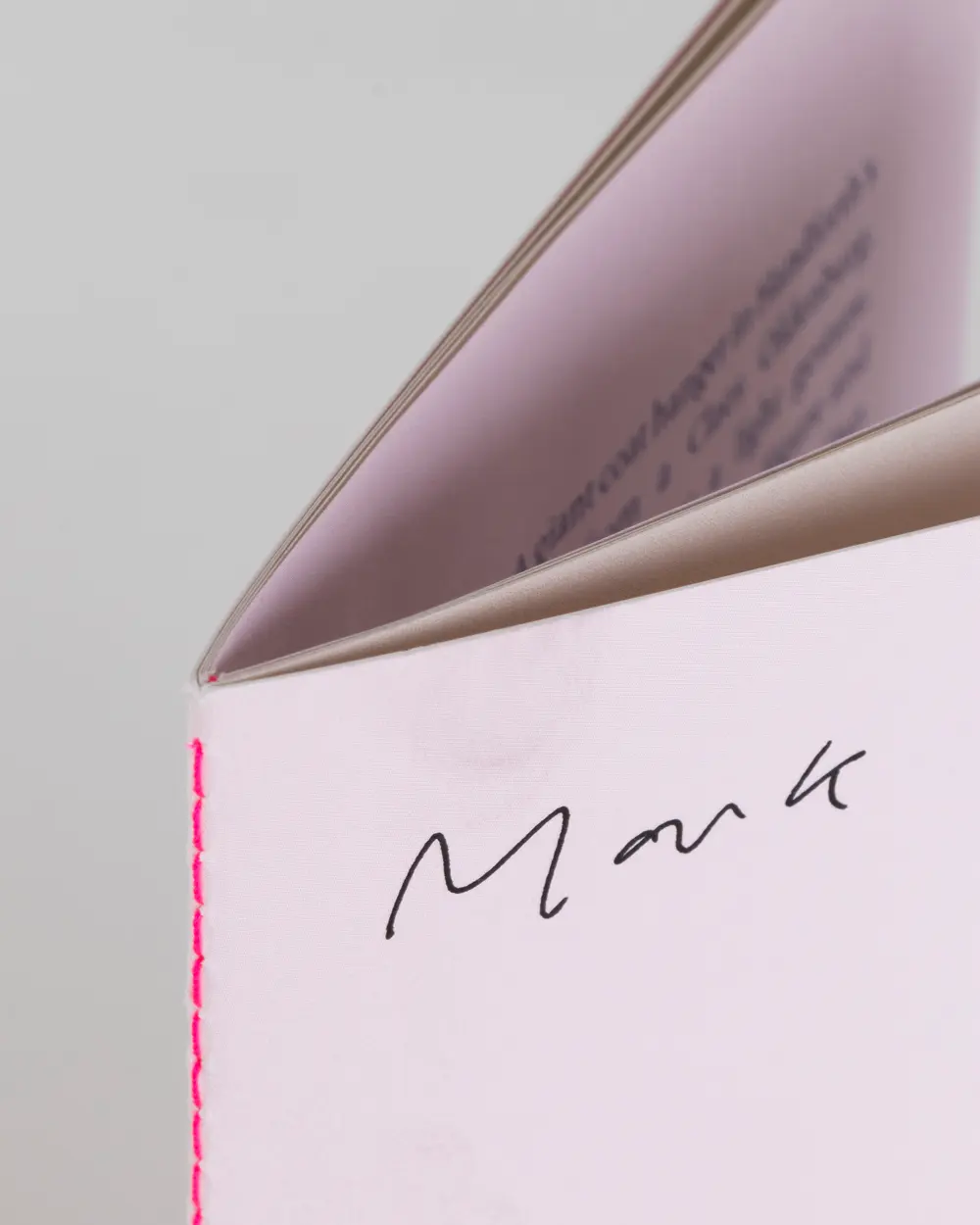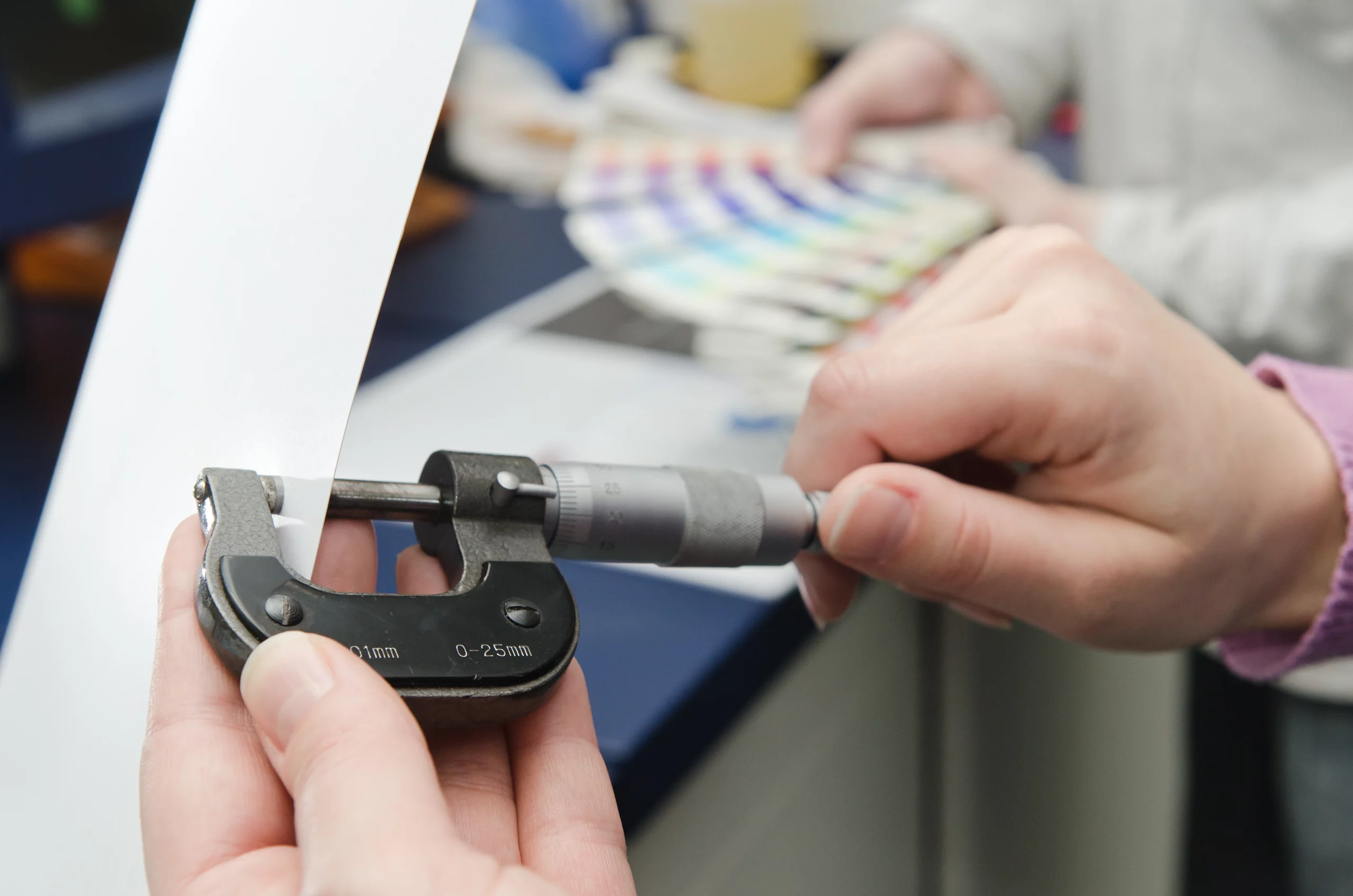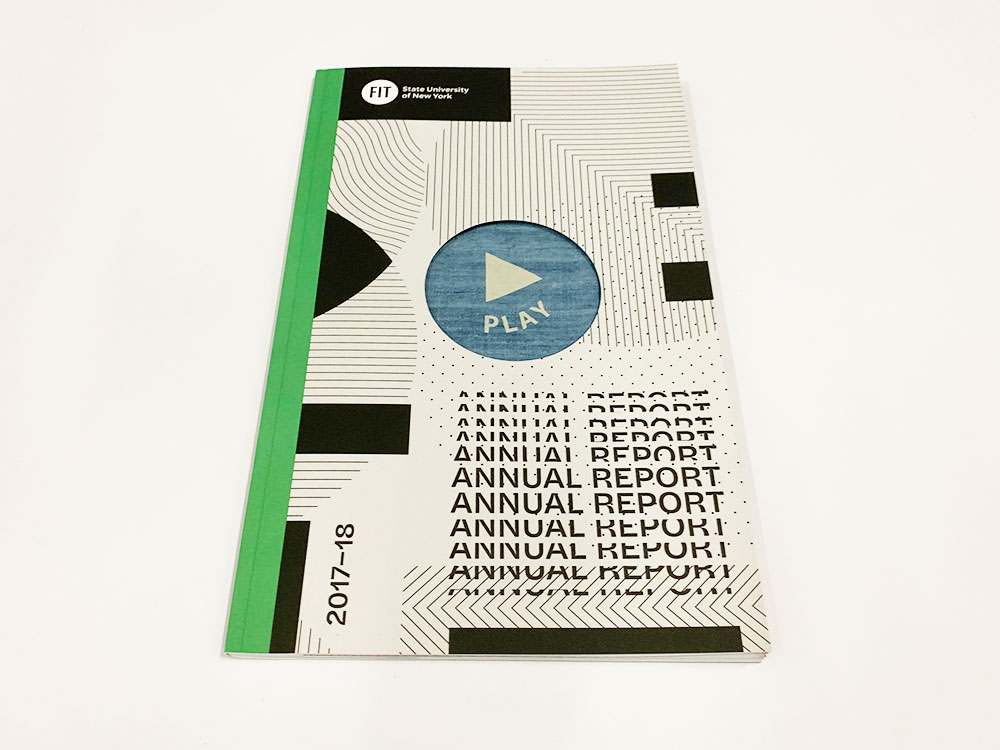Choosing Digital Print
Although the printing process may seem simple, there are actually many types of print processes that can be used for a project depending on the type of results you want to achieve with your project. Many people use digital printing for its simpler setup and faster turnaround time, but as with all printing types, there are advantages and disadvantages to digital printing.
Understanding the pros and cons of digital printing can help you make a better decision about how to move forward with your vision.
Choosing Digital Print
Although the printing process may seem simple, there are actually many types of print processes that can be used for a project depending on the type of results you want to achieve with your project. Many people use digital printing for its simpler setup and faster turnaround time, but as with all printing types, there are advantages and disadvantages to digital printing.
Understanding the pros and cons of digital printing can help you make a better decision about how to move forward with your vision.
The Pros of Digital Printing
Short print runs. Digital printing requires a simpler setup, making it possible to create fewer prints at a cost-effective price.
Vibrant color options. Modern technology has evolved to where digital print colors can come close to emulating those achieved by offset printing, and just because the setup for a digital print job is simpler, it doesn’t mean the colors have to be basic.
A fast, methodical process. While offset printing and other print processes can sometimes require days to plan and set up, digital printing is fast and does require a high level of organization.
Flexible paper choices. The popularity of digital print has come with many innovations in paper, allowing you to choose gloss, matte, satin, and other paper choices that can achieve an end result similar to offset printing.
Faster turnaround. Establishing the right lead time for your print project is one of the most important details to plan, but the fast setup and quick process of digital printing means a faster turnaround for your project.
The Cons of Digital Printing
Long print runs are difficult. You can achieve longer print runs with digital, but printing a higher volume this way can be more expensive than with offset.
Toner-based colors can have limitations. While color options continue to evolve with digital printing, most digital printers are not able to print a Pantone Matching System color. Instead, most digital printers will need to simulate the PMS color using the Pantone to CMYK values.
Smaller paper size. Although paper choices have evolved with digital printing, digital printers can often only accommodate smaller sizes of paper, which can add limitations depending on what type of project you’re planning.
Cannot run dark colors. Digital presses that are toner-based often can’t produce white or light colors on dark paper. For projects that require black, navy, or other dark paper colors, offset printing may be a better choice.
Digital inks fade faster in sunlight. Most inks fade if they are exposed to direct sunlight, but the inks used in digital printing can fade faster, which is something to keep in mind while choosing your print type.
Popular Digitally Printed Products
- Book Printing13 standard sizes. 2 bind types.
- Magazine Printing13 standard sizes. 2 bind types.
- Booklet Printing13 standard sizes. 2 bind types.
- Brochure Printing13 standard sizes. 2 bind types.
- Catalog PrintingSomething else here...
Experience the Difference with Thomas Group Printing
At Thomas Group Printing, we are a fourth generation owned and operated professional printing company in NYC. If you’re not sure whether or not your print job could benefit from foil stamping, we’re here to answer all of your questions and make sure your vision comes off the press looking its best.
Reach out to us today to get started on planning out the details for your next project or to find out more about foil stamping.



